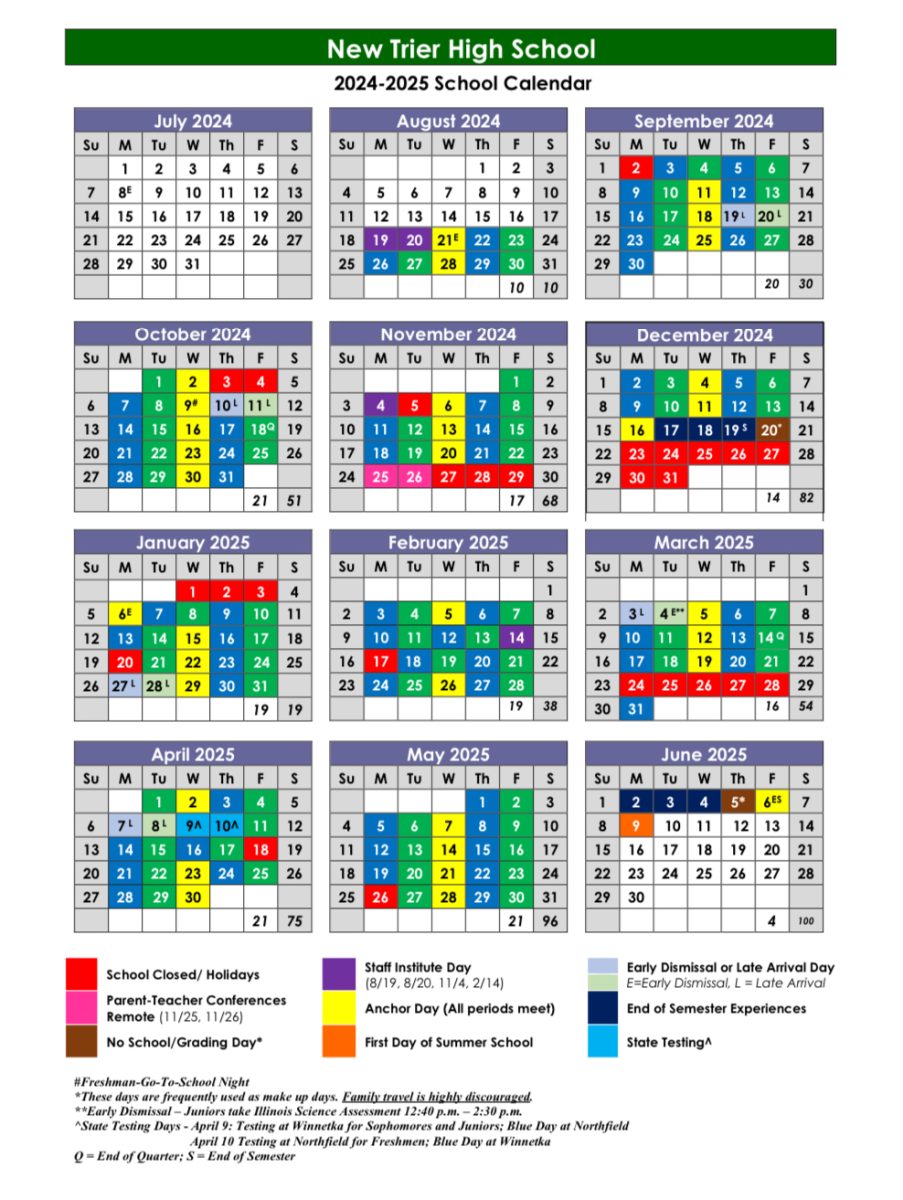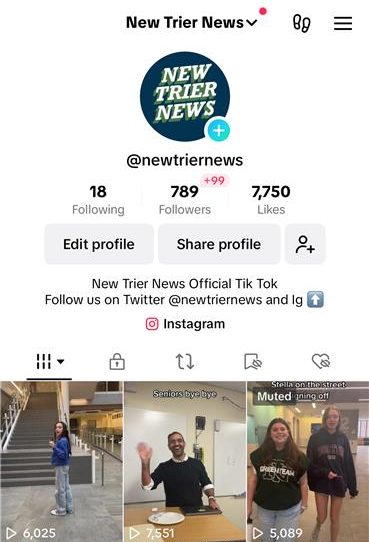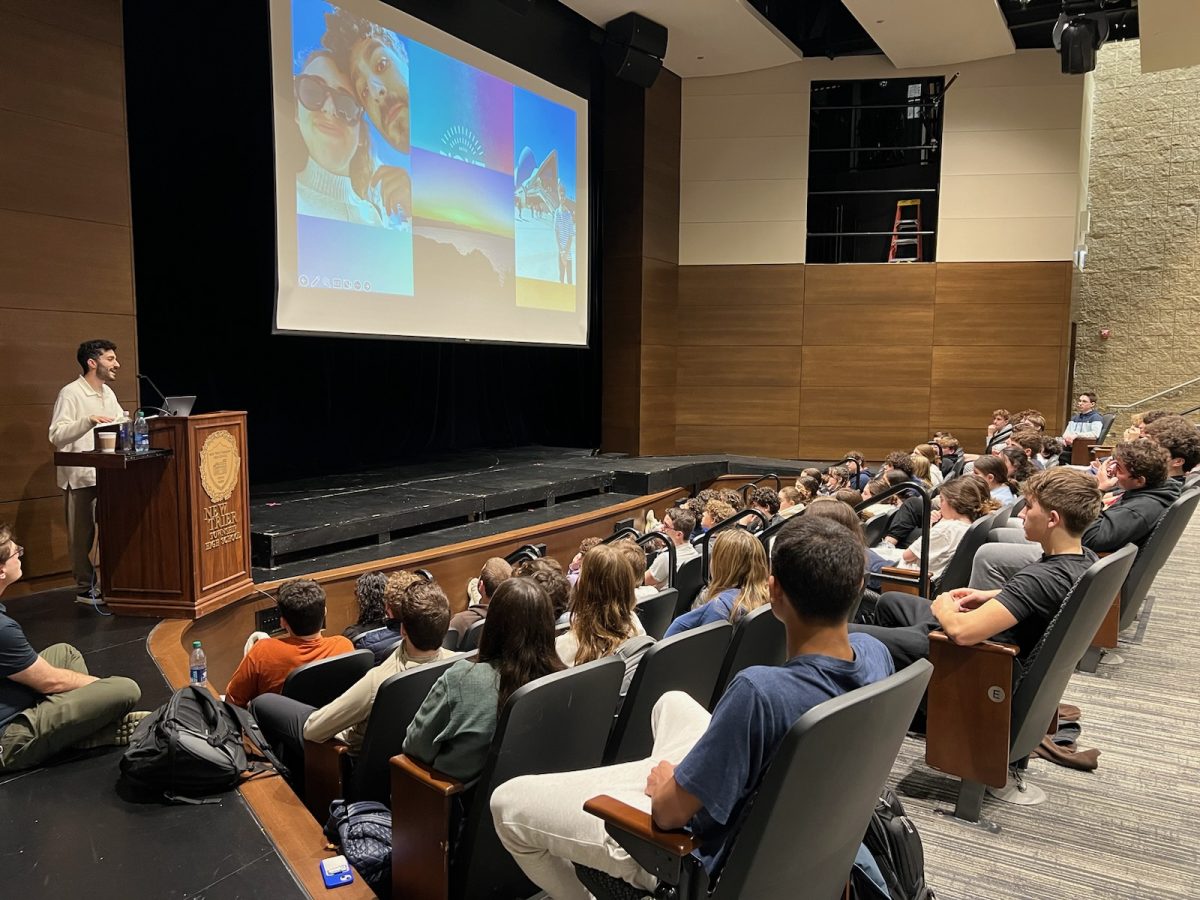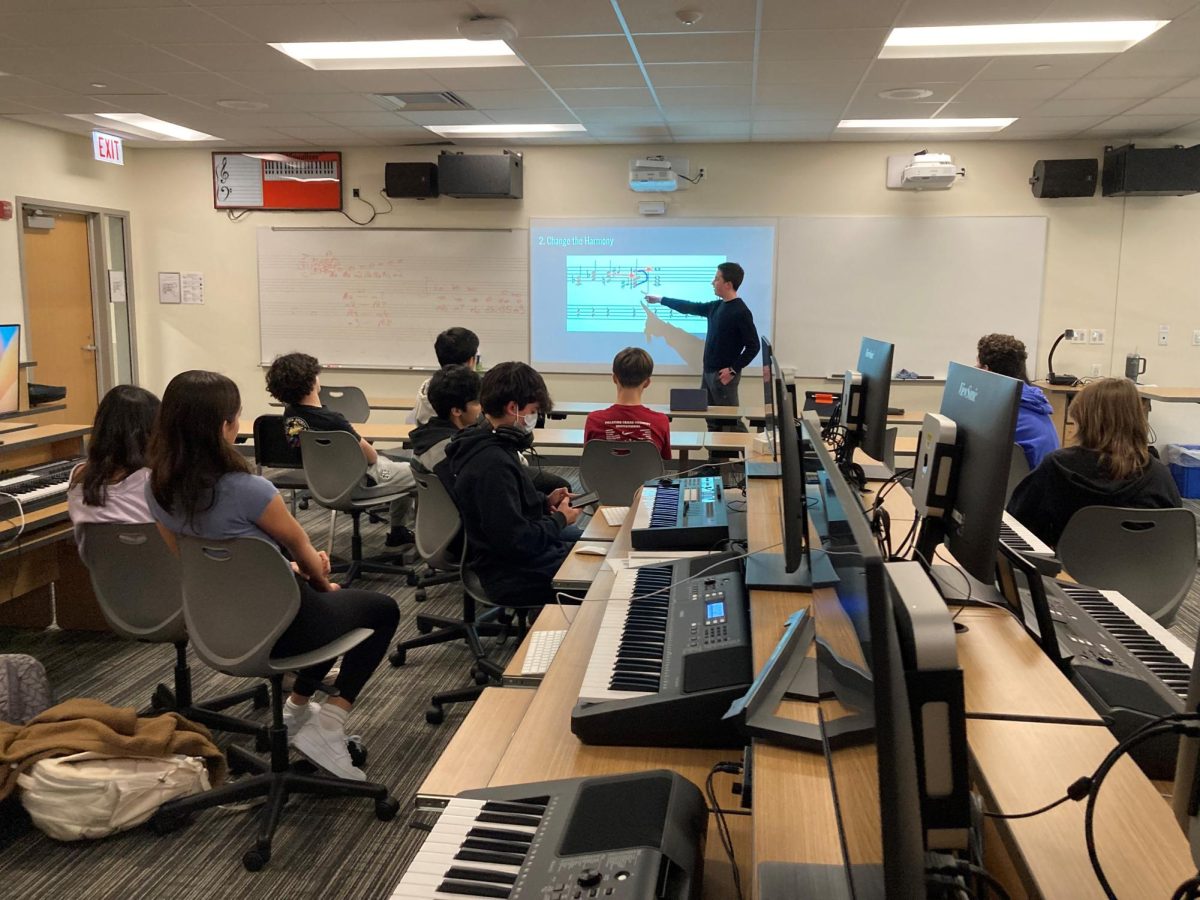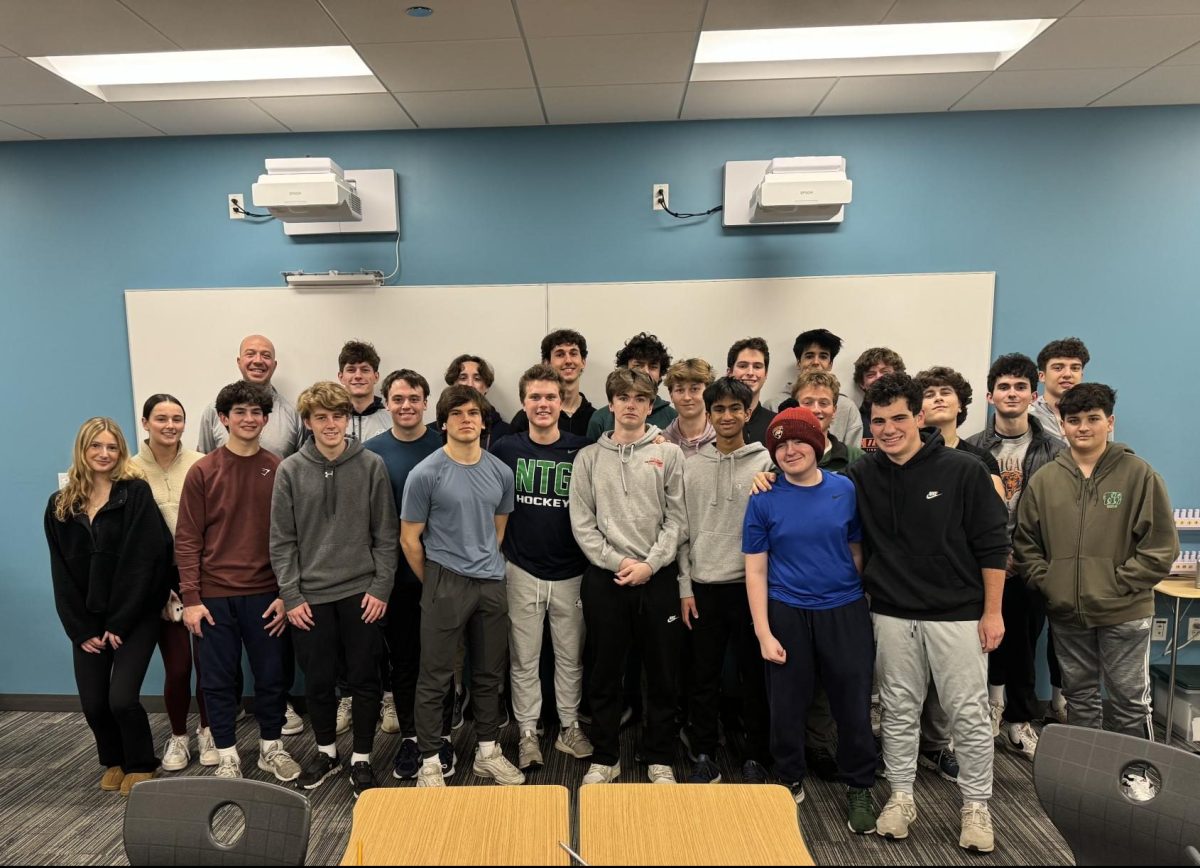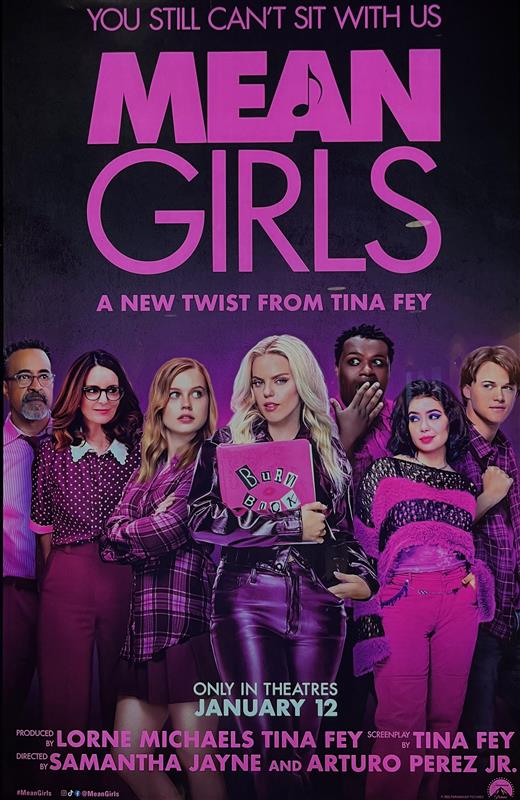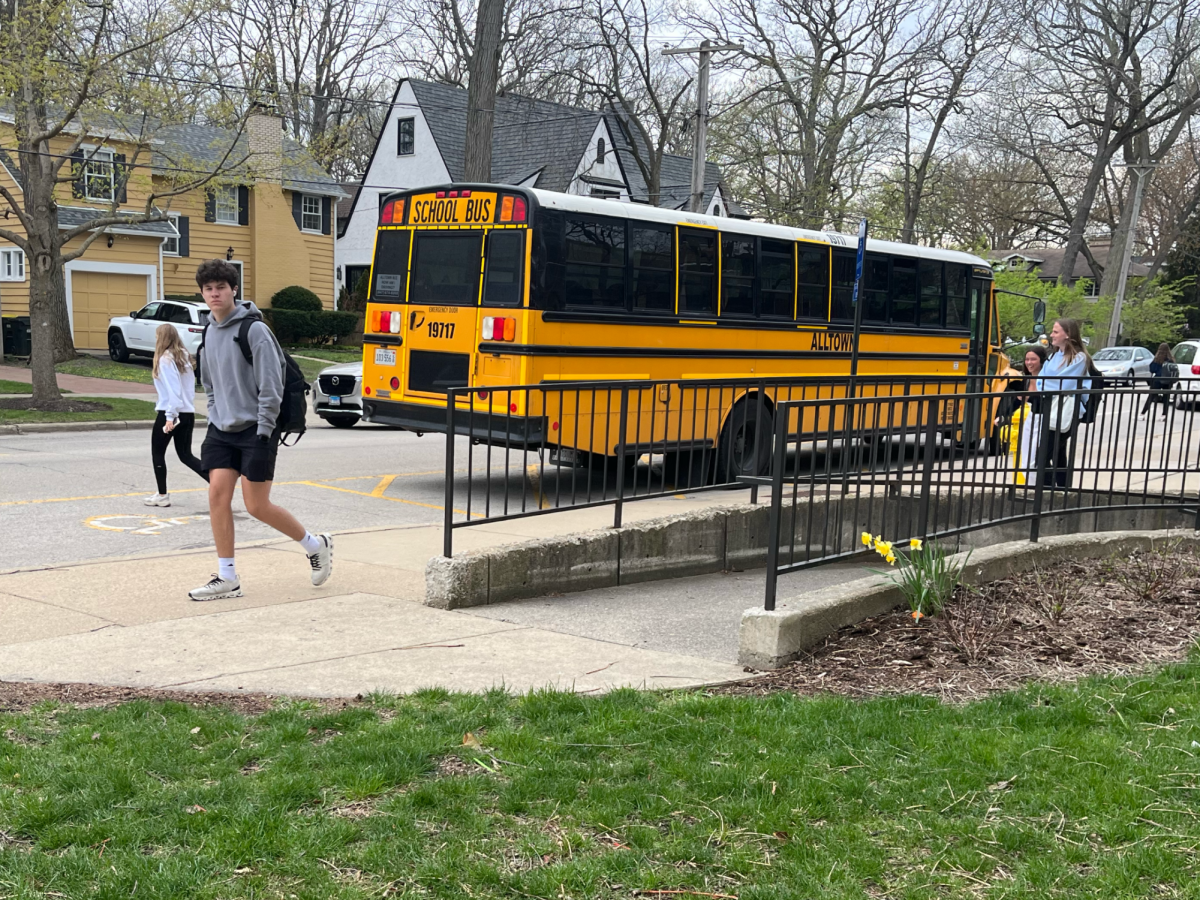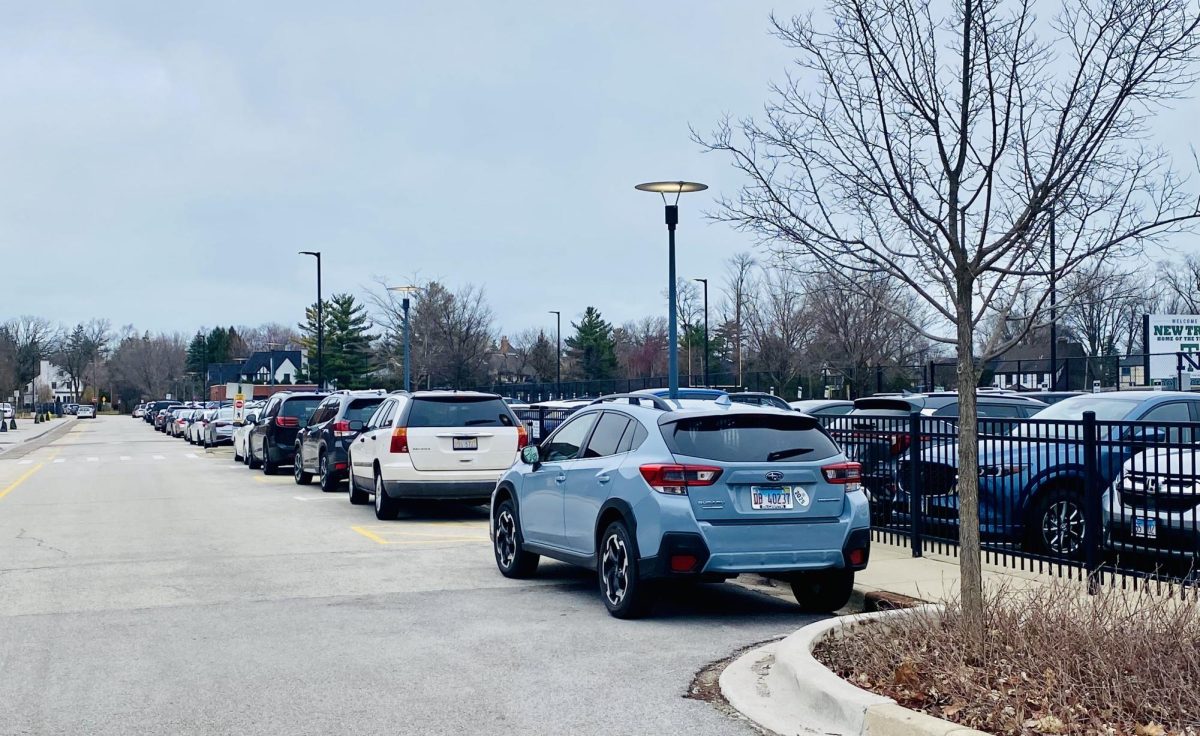Ben Stiller showed the world in “Meet the Parents” why you cannot say “bomb” on an airplane. Although the movie scene is humorous, the idea behind it is more relevant today than it was in 2000, when the film was released.
After New Trier High School decided to hold school after a snowstorm on March 5, a 16-year-old boy posted on his Twitter account that he was going to bring a bomb to New Trier and blow it up. Regardless of what the boy intended, this was rightfully interpreted as a threat. The police were notified and after an investigation, it was concluded that there was no bomb and that students were safe.
Winnetka Deputy Chief of Police Joe Pellus was an important figure in the investigation. Pellus warned that “Words matter. Anything said on social media that is disturbing to the public or causes fear in an individual is no longer private.”
Privacy on the web, however, has always been a complex issue. Years ago, the issue was stranger danger. Today, the issue is closer to the permanent footprint left online by Internet users. The status a user posts is usually written in stone. The problem comes in when that status is dangerous in nature.
If the user has many followers or friends who can see a threatening post, then any other user who sees that post can report it to authorities.
The bomb threat, however, was just one of New Trier’s more extreme recent social media incidents. Earlier this academic year, there was a “sexting” scandal where, because students under the age of 18 sent “sexts” it was considered child porn and students went before a peer jury.
Another incident occurred during the same time as the bomb threat. This episode involved a student who created a robo-call website that would contact any inputted phone number and falsely notify the recipient that there was a snow day. The student, who created the site as a way to prank his younger sister, posted the hyperlink to the website on Facebook for a few minutes. The site started a domino effect where more and more students sent prank phone calls. Many families were falsely notified that there was a snow day. The student quickly shut down the site after he saw about 250 calls made in 30 minutes.
All of these incidents are technological in nature and involve students at New Trier. Assistant Principle Kathleen Schindler said, “Usually once a year, a student says something that warrants a serious response. It is usually said out of frustration, but that is not always the case.” All three incidents warranted response, but the bomb threat was a serious issue of a student not thinking thoroughly about what he was posting online. Other incidents still had negative effects.
“[The robo-call prank] compromised trust in the communication between families and the school,” said Schindler. The school responded to each event as objectively as possible, something social media expert danah boyd (she legally changed her name to lowercase letters) states the school did correctly.
New Trier is not proactive, though, when dealing with these issues. The school does not monitor what the students post online. Instead, the school is reactive and responds after the incidents happen. However, neither monitoring nor reacting solves the problem.
“For a school and a community to solve the problems that they’re seeing, they have to get to the root cause. In a privileged community like [the North Shore], one important question is: How much pressure is being placed on students and how are they responding to that pressure?” said boyd.
Pressure is not a new concept to New Trier, which has an unofficial motto of “Where your best is not good enough.” Even though pressure is common, threats and other incidents occur when students do not have proper emotional support and resort to responding drastically.
There are ways for New Trier to be proactive, though. “One of the best things that schools can do is implement broad social-emotional learning programs rather than using fear or threats to try to get students to conform,” said boyd. But even with proactive programs, the school also faces other technological issues.
New Trier is seeing students who can accomplish more with technology than most teachers and adults in the school.
One student, who wishes to remain anonymous, is part of a large hacking activist group called Anonymous. They are a cyber Robin Hood responsible for distributed denial of service attacks (DDOS) among other Internet hacks.
A DDOS attack floods a website server with requests until it is no longer able to make connections with new users. Simply stated, Anonymous uses DDOS attacks to bring down anything from government websites to homophobic sites to child porn forums.
The student in this vigilante organization or any of the students with equal computer science skills would be able to create a DDOS attack against New Trier. There have been reports that a DDOS attack was made against the school, which caused the website to crash on March 5.
Anonymous, however, only attacks sites that violate Internet freedom or are against the LGBT community and other moral issues. Anonymous is often a strong voice in keeping privacy on the Internet. The student in the group, however, feels that in incidents such as the recent bomb threat, “privacy should be sacrificed for safety.”
Ben Stiller lost his rights when he said “bomb” on an airplane. Students can face similar consequences. Deputy Chief of Police Joe Pellus continues to remind teenagers “that social media is great tool in the right context, but with the development of technology, all users are held responsible for what they post.”

